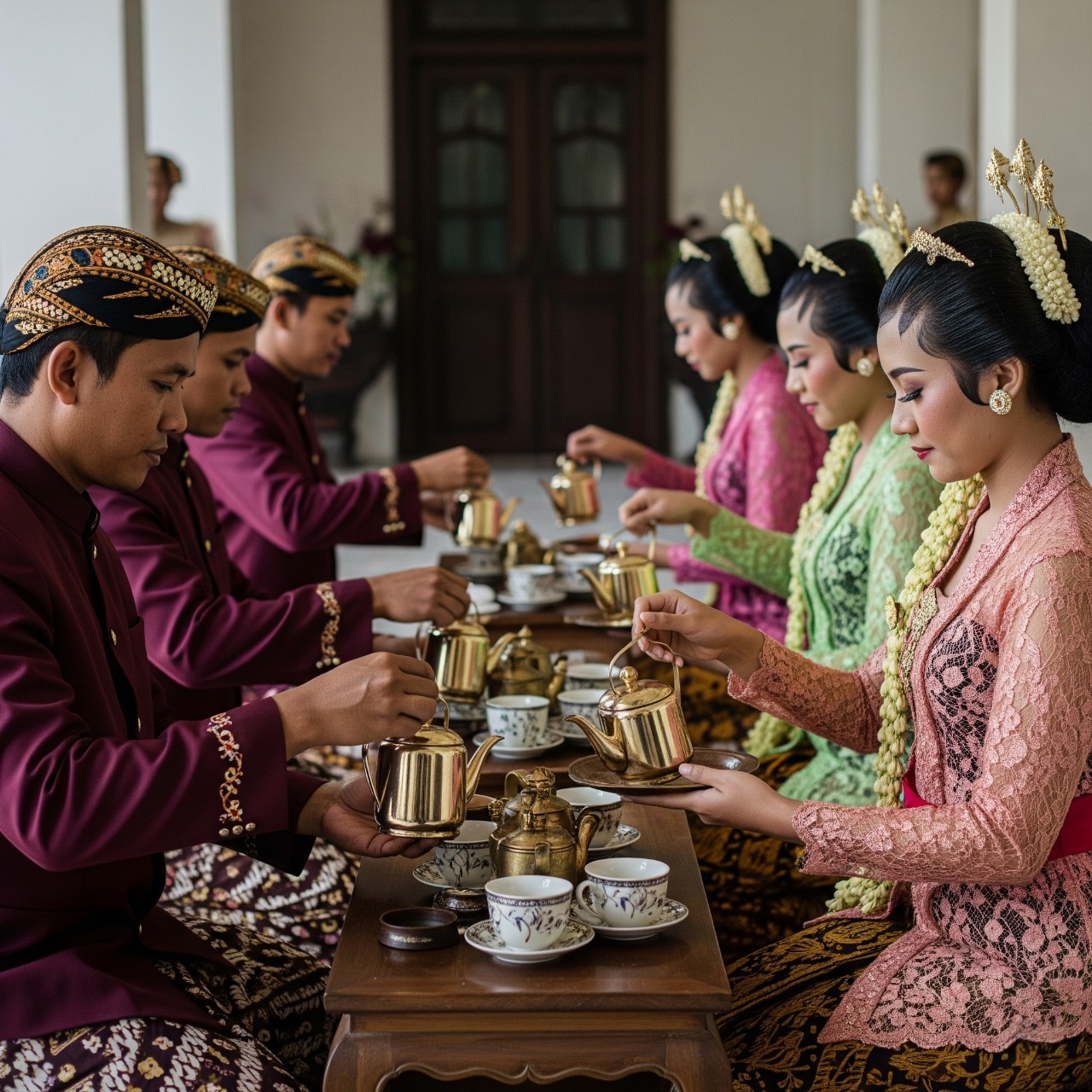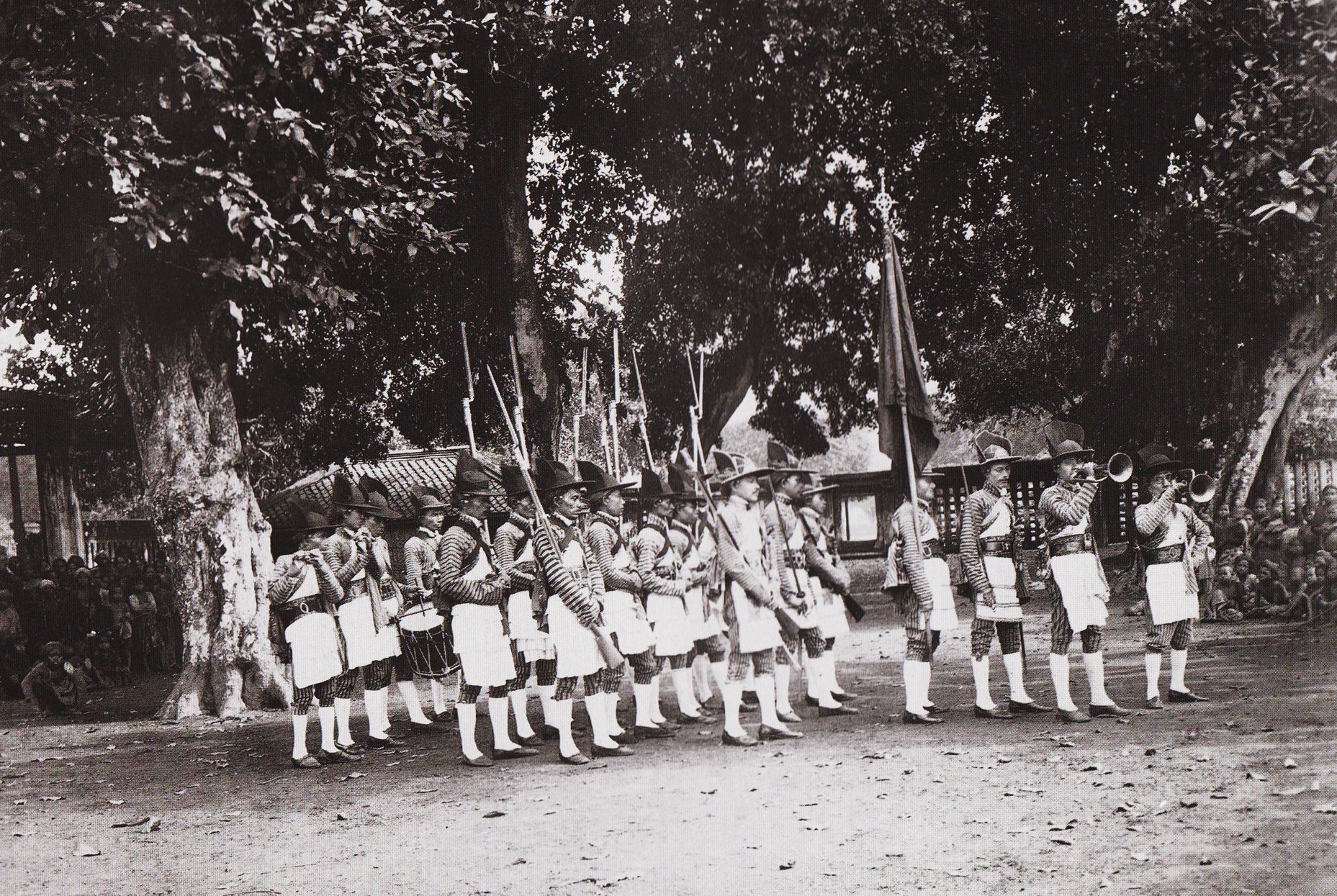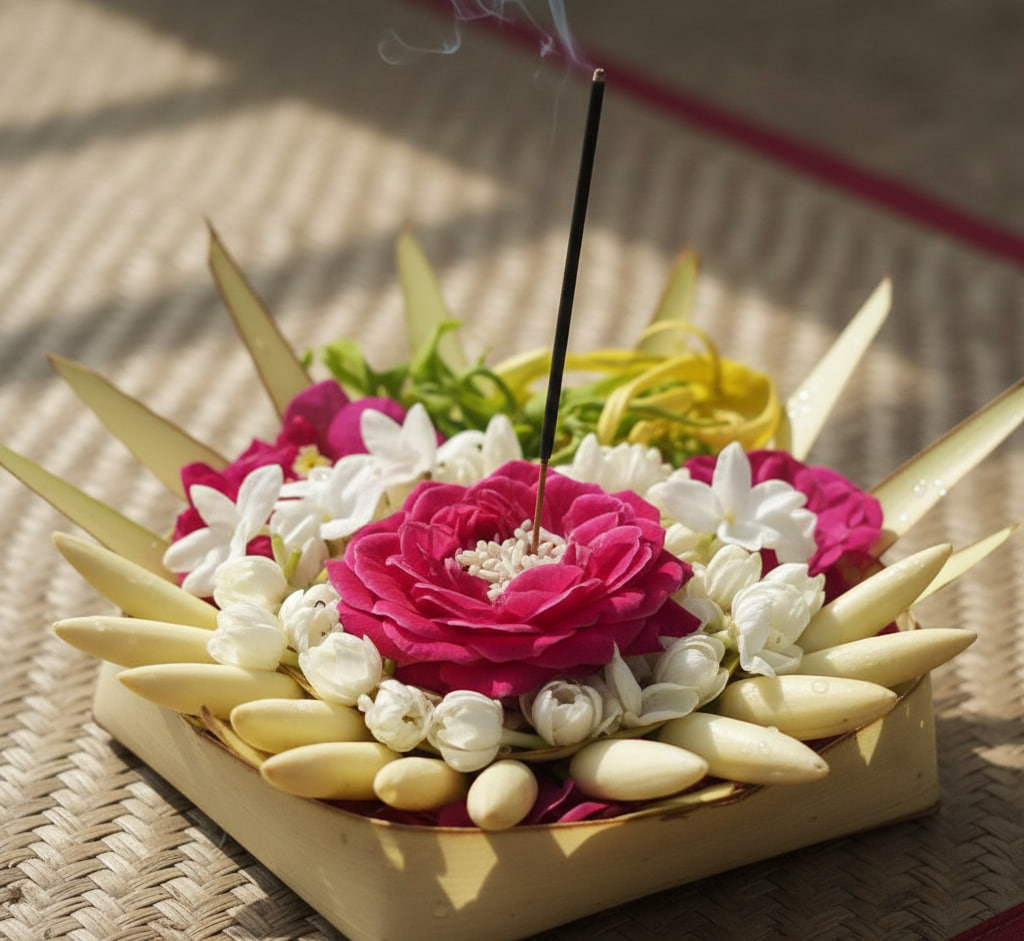News
Patehan: The Royal Tea Ceremony Tradition of Yogyakarta That Still Endures
When we talk about Yogyakarta, it’s not just about gudeg, Malioboro Street, or Prambanan Temple. Beneath the vibrant pulse of this tourist city lies a wealth of noble traditions that are gradually fading with time. One of these is Patehan, an ancient tea-serving ritual from the royal court that is rich in meaning and philosophy.
A Tea Tradition That’s More Than Just Tea
Patehan comes from the word “tea” and refers to the tradition of serving tea to the royal family. This ritual is performed by Abdi Dalem (palace servants) and has been in place since the reign of Sultan Hamengku Buwono I. In its early days, Patehan was performed daily, complete with a ceremonial procession to Gedhong Prabayeksa, the room where the king received his tea.
However, as times changed, so did the ritual. By the era of Sultan Hamengku Buwono IX, Patehan was performed only twice a day—once at 6 a.m. and again at 11 a.m.—to accommodate the Sultan’s increasingly dynamic schedule. Today, Patehan is no longer a daily routine, but a symbolic ritual reserved for special occasions such as palace celebrations or state visits.
A Sacred Ritual with Strict Etiquette
What makes Patehan truly special is how the tea is prepared using traditional methods. The water used to brew the tea is drawn from Nyai Jalatunda well—a spring believed to be sacred—and boiled in a copper kettle over a wood fire. Copper is not chosen arbitrarily; it is believed to neutralize water and ward off negative energy.
The Abdi Dalem serve tea with a consistency of flavor that rarely changes. No excess sugar, no instant blends—everything is measured and prepared with intention and reverence. Even the tea set, called Rampadan—which includes a teapot, cup, saucer, spoon, coffee, hot water, and plain water—must be arranged according to precise rules.
And yes, the tea is not to be stirred. This is not a matter of taste, but philosophy: patience and acceptance, a practice of embracing the flavor as it is, without interference.
A Symbol of Harmony and Reverence
Patehan is more than just brewing and sipping tea. It is an embodiment of the noble values upheld by the Yogyakarta Palace: reverence for the Creator, order in action, and refined sensitivity as a path to inner peace.
Picture this: five Abdi Dalem walking in solemn procession, carrying the Rampadan, shading the teapot with a yellow umbrella—a symbol of protection—moving slowly and respectfully toward the king’s quarters. They offer not only tea, but also stillness, discipline, and a quiet love for tradition.
In a world that’s increasingly fast-paced and instant, Patehan invites us to pause, to steep our emotions, and to remember that in a simple cup of tea, there lies a serenity that cannot be rushed.
And maybe, that’s what we need most today—not just tea, but a moment of stillness.



